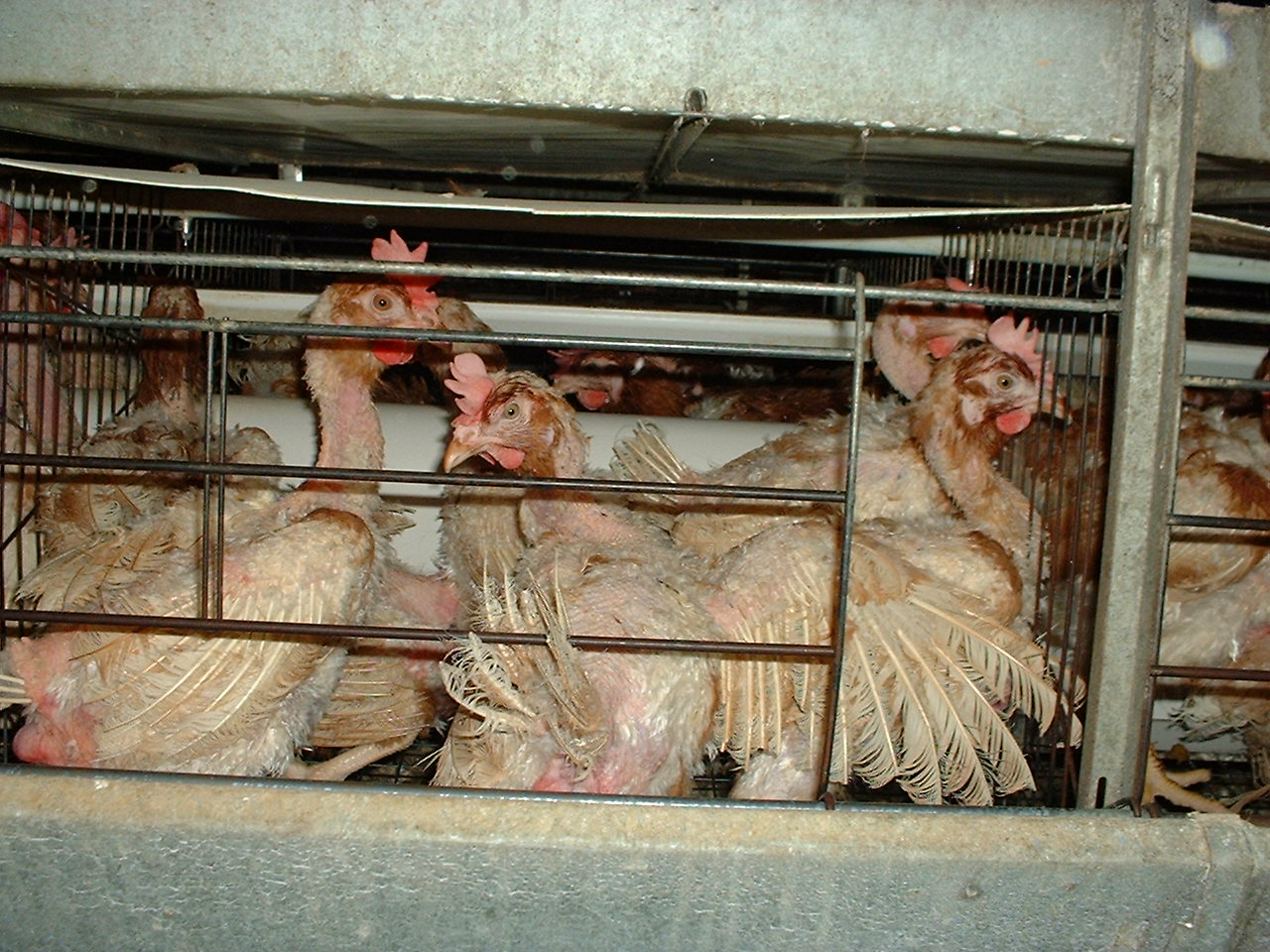
Iowa recently became the first state in the U.S. to enact so-called “Ag-gag” legislation (‘Ag’ as in agricultural, ‘gag’ as in to censor). At first glance it’s difficult to figure out what these laws, which have recently been proposed in almost a dozen states, are actually supposed to do.
The more extreme forms, like Florida’s proposed law, which failed to pass both the state House and Senate in early January, sought to criminalize the taking of any video or photograph of farm animals without the owner’s permission. Others, like the one recently passed in Iowa, make it a misdemeanor to provide false information on a job application to work at any agricultural business.
In general, these laws are designed to protect animal agriculture from whistleblowers and, in particular, undercover investigators from organizations like the Humane Society of the United States, Mercy for Animals and PETA, which all seek to expose extreme cases of animal cruelty. Members of these organizations frequently obtain employment at factory farms in order to covertly capture video of possible animal abuse, as can be found on numerous websites, such as meat.org.
Both versions of ‘ag-gag’ legislation described above cannot actually prevent a determined whistleblower from acquiring footage from inside a factory farm, but instead act as a deterrent to such activities. These laws also work to protect agricultural operations from any legal repercussions, since evidence of wrongdoing will likely have to be obtained illegally and thus may not be admissible in a court of law.
These types of laws seem completely indefensible on a number of levels. American consumers are generally becoming increasingly concerned with their food and the path it takes from the farm to their plate.
Animal agriculture, which is in many ways responsible for spawning of the myriad ‘ag-gag’ bill variants, has completely ignored changing consumer values and chosen to decrease industry transparency, instead attempting to punish individuals who attempt to share information their shady activities. ‘Ag-gag’ legislation has been widely condemned, not only by those concerned with animal welfare, but by those concerned with public health, environmental regulations and worker welfare, all of which are jeopardized by a food supply that is immune from consumer oversight.
Four years ago a video of Hallmark Meat Packing Company —at the time the second largest supplier of beef for school lunches—showed workers ramming sick and injured cows with a forklift in order to force them to move to slaughter (legally, animals cannot be slaughtered if they are not healthy enough to walk into the building themselves). This video resulted in the largest recall of beef in U.S. history, and represents the exact kind of threat to public health that might get legally swept under the rug if ‘ag-gag’ laws continue to spread.
The sudden emergence of these proposed laws is essentially an admission by the animal agriculture industry that the more consumers find out about factory farms, the less likely they are to purchase their products.
The sad truth is that undercover investigators consistently obtain footage that is widely perceived as completely appalling. The meat industry always offers some variation on the same story. They claim that the documented conditions are abnormal and specific to one particular farming operation, yet discount the fact that deplorable animal treatment has been found virtually every time an investigator has documented the practices of factory farms.
Rather than attempt to improve conditions, the meat industry has strived to convince the public that the majority of farm animals live happy and enjoyable lives, and to prevent the dissemination of content accurately depicting the factory farm conditions that would affect the behavior of conscientious consumers.
